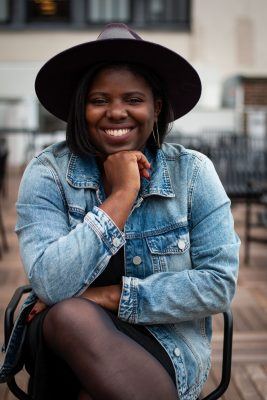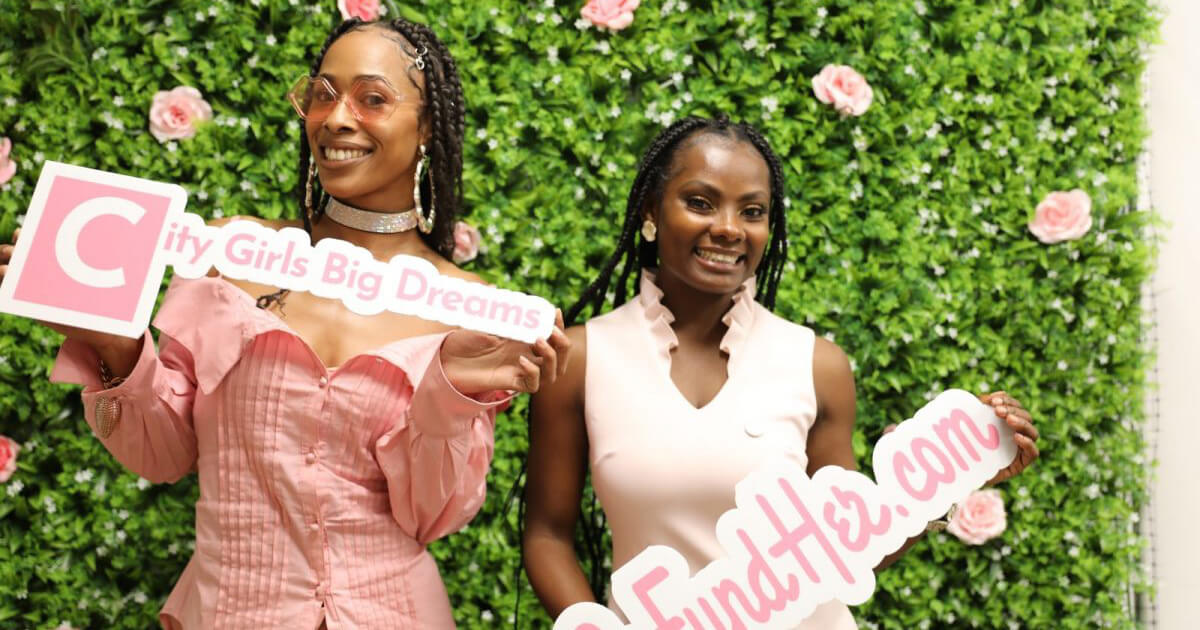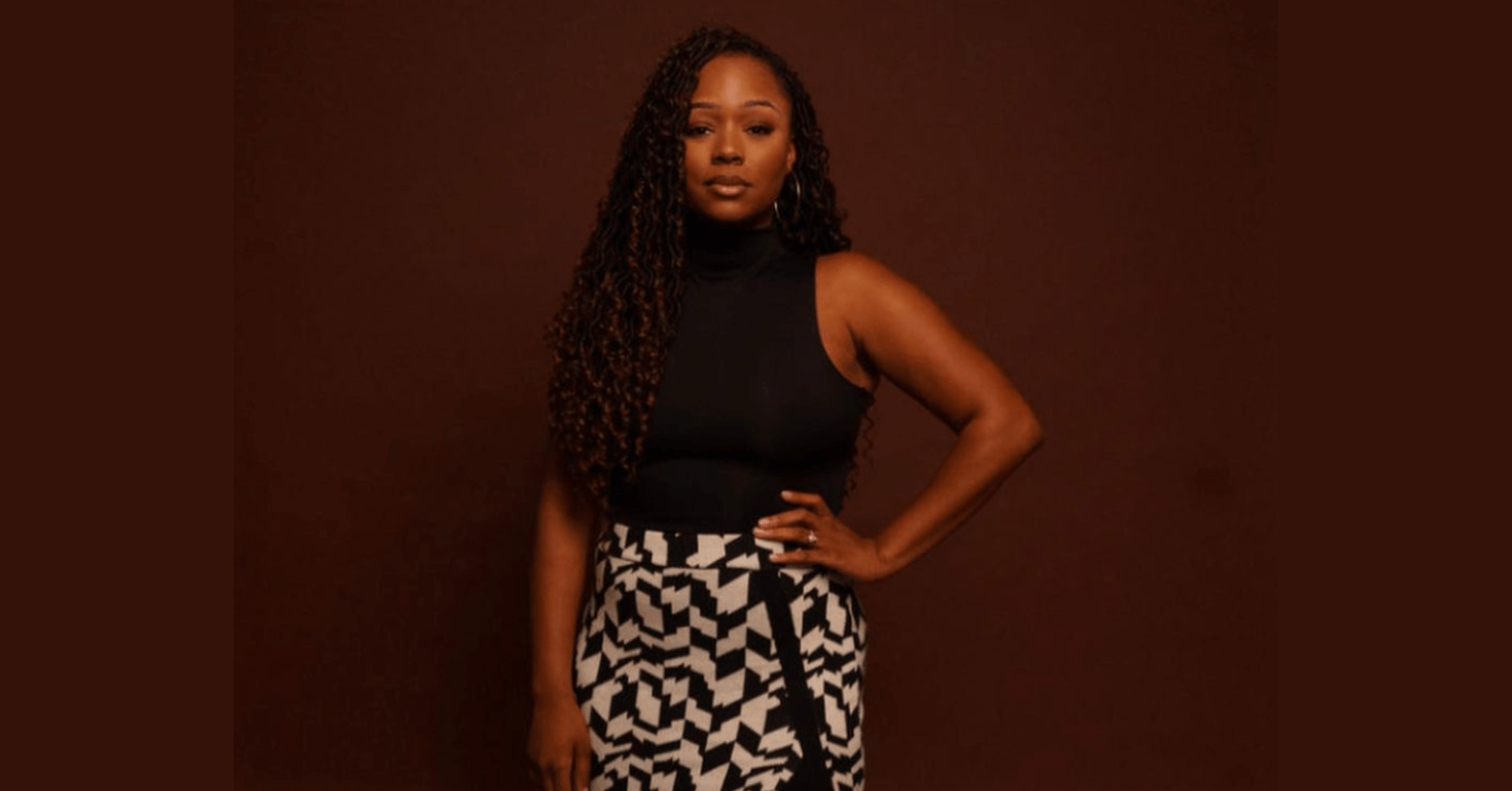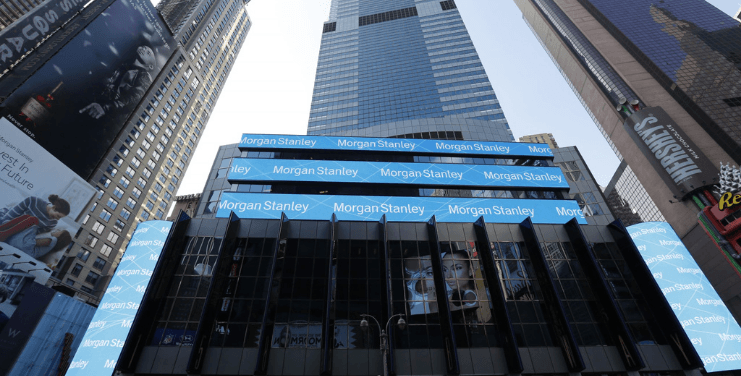Almost as soon as it became clear that life under quarantine would be the new norm for communities across the world, venture capital funding started to dry up. In May, VentureBeat reported that global VC funding dropped 20 percent since the coronavirus pandemic began in December. Black women founders, however — who have historically been denied access to this form of capital anyway — are getting creative. In order to get their startups off the ground, some Black women are tapping into an alternative well-known source for raising money: crowdfunding.
Black women’s lack of access to startup funding has been long documented. In 2018, Project Diane found that Black women-led startups represent only .06 percent of the $424.7 billion in total tech venture funding raised in 2009. On average, the majority of Black women-led startups raise only $42,000 — compare that to the average $1.14 million seed round for all startups and you can see the numbers are quite uneven. As a whole, new Black owned businesses start with nearly three times as less capital than new white-owned businesses, according to the Kauffman Foundation.
Earlier this year, Olivia Owens launched and became general manager of IFundWomen of Color, a platform for women of color to raise capital housed under IFundWomen, precisely because she saw how women entrepreneurs are left out. Since the pandemic started, IFundWomen of Color has partnered with businesses like Caress, which plans to invest $1 million in communities impacted by the coronavirus over the next two years. According to Owens, “The pandemic has exacerbated the larger funding gap problem that is core to IFundWomen’s mission. We saw it with the first round of the Paycheck Protection Program, where up to 90 percent of minority and women business owners were shut out.”

The Small Business Administration launched PPP in early April offering up to $10 million in loans. Later that same month, CBS News reported that Ashley Harrington, director of federal advocacy and senior council for the Center for Responsible Lending, predicted, “Based on how the program is structured, we estimate that upwards of 90% of businesses owned by people of color have been, or will likely be, shut out of [PPP].” Additional reporting by NBC News in April also found that a number of Black-owned small businesses were shut out of PPP loans despite an extra $60 billion in funding being set aside for underserved borrowers.
Owens isn’t the only one who’s noticed how the pandemic has changed funding for Black founders. In 2019, Tracy Garley launched GoFundHer, where she serves as chief executive officer, to “make it financially possible for girls and women to start living their dreams.” Since the pandemic, Garley said, “The funding landscape for Black founders has become significantly worse. Traditionally venture capital deals happen behind closed doors and are based on personal relationships. With 81 percent of venture capital firms not having a single Black investor, Black founders rarely have the opportunity to form personal relationships that lead to venture capital investment.”
Garley notes that while the current moment has pushed an “an increase in Black faces used for marketing inclusion,” there is still more to be done, adding, “less than 1 percent of venture capital checks [are] actually invested into Black companies.”
On the surface, crowdfunding may seem easy, but it’s a skill within itself.
Owens said that IFundWomen’s founder, Karen Cahn, realized that crowdfunding is “an exercise in sales and marketing” while crowdfunding for her own startup. “An increasing number of entrepreneurs are turning to IFundWomen because they’re frustrated with the systemic barriers standing in their way,” Owens said. However, she’s noticed a deeper hesitation towards crowdfunding from women of color, “which can be attributed to not feeling like they have a strong enough network or not wanting to show the vulnerability to ask their network for support.”
But when they turn to their communities, a number of Black women have had massive success with crowdfunding. In 2019, Dawn Dickson became the first Black woman to raise over $1 million in a secure token offering by crowdfunding, and has raised over $2 million total. And on IFundWomen, Ethel’s Club, a social club for people of color, raised $25,000 in crowdfunding plus a grant round. Recently, IFundWomen launched a page to make it even easier to help fund Black women.
To Garley, community is part of what sets crowdfunding apart from traditional vc models.
“If you’re a Black founder without access to family wealth or connected to investors, crowdfunding allows you to raise funds directly from your community while getting plenty of customer feedback in the process,” Garley said. “Small amounts of money raised from your friends, family, and professional networks can be used to launch or scale a business faster than the process of traditional seed funding.”
This story is possible thanks to support from the Ewing Marion Kauffman Foundation, a private, nonpartisan foundation that works together with communities in education and entrepreneurship to increase opportunities that allow all people to learn, to take risks, and to own their success. For more information, visit www.kauffman.org and connect at www.twitter.com/kauffmanfdn and www.facebook.com/kauffmanfdn.








